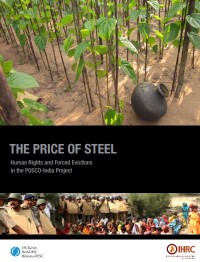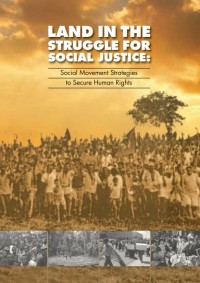Worth approximately US$12 billion, the POSCO-India project represents the largest single foreign direct investment in India to date, and will require more than 12,000 acres of land, including approximately 4,000 acres for an integrated steel plant and captive port in an area that is home to forest-dwelling communities and a vibrant and sustainable local economy centered around betel leaf cultivation. For the past eight years, affected communities—including betel leaf farmers, fisherfolk, and Dalits—have effectively stalled the project and resisted their forcible evictions from lands they have cultivated for generations.
Latest news
- France begins eviction of 650 migrants from Calais camps
- Anti-eviction group creates crowdsourcing map for stories of displacement
- More foreclosures, more middle-aged suicides, study finds
- When it comes to hosting the Olympics, more cities are saying, ‘Hold that thought.’
- European leaders urged to end plight of 600,000 stateless people
Latest from the collection
- Raquel Rolnik’s mandate ends. Leilani Farha is the new rapporteur. – Newsletter #47
- Roots and Branches
- New Materials on Security of Tenure in Several Languages – Newsletter #46
- Guide: Guiding principles on security of tenure for the urban poor
- Address acute housing crisis – Special rapporteur on adequate housing
Learn more

